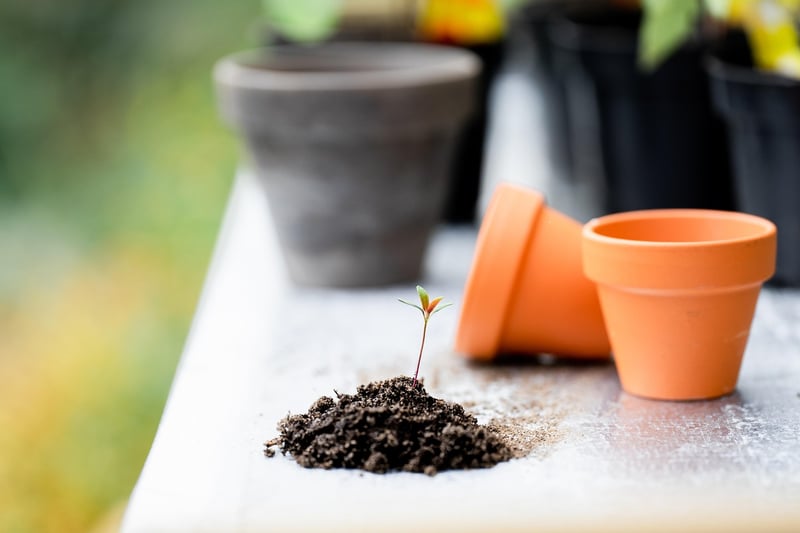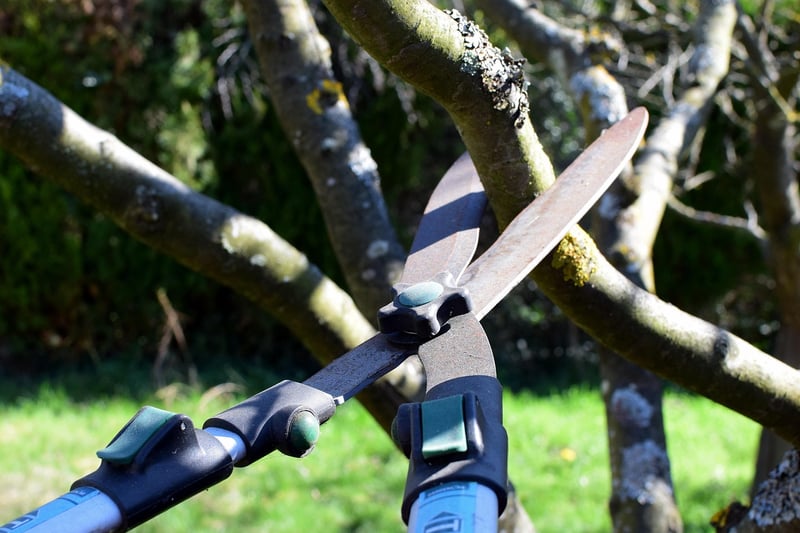Pruning Tips
Effective Plant Care and Pruning Tips
Plants are a wonderful addition to any home or garden, bringing life, color, and beauty. However, to ensure your plants thrive and stay healthy, it's essential to provide them with proper care. Here are some effective plant care tips along with pruning techniques to help your plants flourish:
1. Watering:
Watering is crucial for plant health. Different plants have different water requirements, so it's essential to understand the specific needs of each plant. Overwatering can lead to root rot, while underwatering can cause wilting. Check the soil moisture regularly and water accordingly.
2. Sunlight:
Plants need sunlight to photosynthesize and grow. Ensure your plants are placed in areas where they receive adequate sunlight based on their requirements. Some plants prefer direct sunlight, while others thrive in partial shade.
3. Pruning:
Pruning is the process of cutting back overgrown or dead branches to promote new growth and maintain the plant's shape. Use clean and sharp pruning shears to make precise cuts. Remove any diseased or damaged parts to prevent the spread of infections.
Pruning Tips:
- Prune during the plant's dormant season to minimize stress.
- Cut at a 45-degree angle to promote healing and growth.
- Remove any crossing or rubbing branches to prevent damage.
- Step back occasionally to assess the plant's overall shape while pruning.
4. Fertilizing:
Plants require nutrients to thrive. Fertilize your plants with a balanced fertilizer to provide essential nutrients for healthy growth. Follow the instructions on the fertilizer package to avoid over-fertilization, which can harm the plant.
5. Pest Control:
Keep an eye out for pests like aphids, mealybugs, and spider mites that can damage your plants. Remove pests by hand or use organic pest control methods to protect your plants without harming the environment.
By following these plant care tips and practicing proper pruning techniques, you can ensure your plants remain healthy, vibrant, and beautiful all year round.

Remember, each plant is unique, so take the time to understand the specific needs of your plants to provide them with the best care possible.
